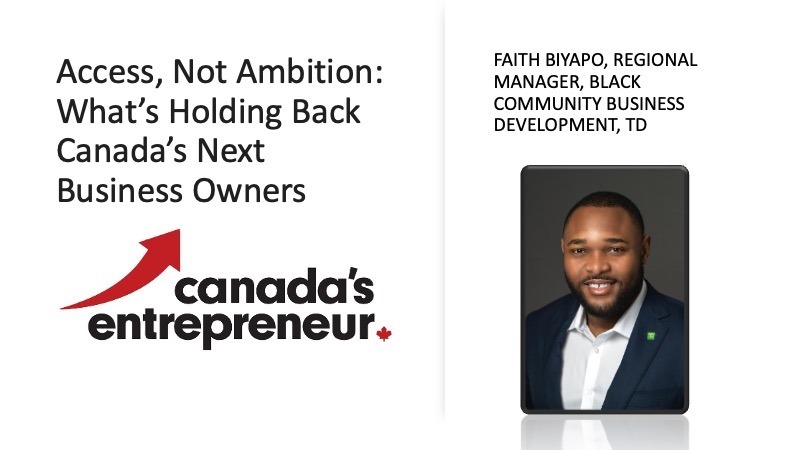New data from the Credit Counselling Society (CCS) shows that Canadians aged 18 to 34 are trying to manage rising costs in a variety of ways—but for many, it’s still not enough. They’re not just borrowing; they are increasingly turning to high-cost lenders and short-term financing tools to make ends meet when cutting back, budgeting, and other solutions aren’t enough. And while the central rate remains unchanged, wage instability, rising housing costs, and inflation continue to push many young adults deeper into debt—and into crisis.

Peta Wales
“A steady interest rate doesn’t undo years of financial strain,” said Peta Wales, President & CEO of CCS. “Many young Canadians are already deep in debt. They’re borrowing small amounts just to cover essentials, and over time, those borrowing decisions stack up.”
More Young Canadians Are Asking for Help
The number of Canadians under 35 reaching out to CCS for help has grown by more than 7 per cent compared to 2023. They now account for over a quarter of all clients, a sign that financial pressure on this group is not only growing but accelerating, said the Society.
The majority are renters (over 70 per cent), with most either working full-time or in precarious part-time, contract, or gig work . The highest concentrations of younger help-seekers are in Edmonton, Vancouver, and Calgary—all regions still experiencing steep housing costs, it said.
“The sheer volume of people in their 20s and 30s we’re hearing from speaks to how much financial pressure they are feeling from their mounting debt,” said Isaiah Chan, Vice President of Programs & Services at CCS. “They’re doing what they can—working, budgeting, cutting back—but it’s not enough to offset today’s cost of living.”
Debt Loads Are Climbing, and So Is High-Cost Credit
The average unsecured (non-mortgage) debt load for 18 to 34-year-olds has grown by 9 per cent since 2023, rising to over $24,000 in 2025. But it’s not just the total that’s concerning; it’s the nature of the debt. Over 40 per cent of younger clients now owe money to finance companies, known for offering high-interest loans, or buy-now-pay-later (BNPL) plans. More than 35 per cent owe money to payday lenders—a steady increase since 2023. This kind of borrowing often fills urgent financial gaps, especially when budgets are stretched. But it can also come with high costs and complex repayment terms, explained the Society.

Mason Cox
“We’re seeing younger clients use credit for everything from groceries to textbooks to cosmetics,” said Mason Cox, Director of Counselling at CCS. “It’s not just one big credit card bill anymore. It’s a patchwork of smaller debts that add up and are hard to manage without guidance.”
Debt Stress Is Becoming a Daily Reality
The Society said convenient digital lending tools and in-app payment options are part of the story. Many young Canadians are relying on multiple forms of credit just to get through the month, including instant BNPL plans that don’t feel like debt, online installment loans, and payday products that don’t require a credit check. The ease and speed of these tools—often available with just a few clicks—make borrowing feel frictionless, even when the terms carry risk. More than 4 in 5 younger clients who reach out to CCS are already in a budget deficit—meaning their monthly expenses exceed their income.
“Using apps to split payments or relying on payday lenders has become so normal, it doesn’t feel like risky debt,” said Wales. “But these patterns are often unsustainable. Without a clear plan, it becomes harder to keep track of what’s owed, and easier to fall behind.”
To speak with a certified credit counsellor, visit nomoredebts.org or call 1-888-527-8999.

Mario Toneguzzi
Mario Toneguzzi is Managing Editor of Canada’s Entrepreneur. He has more than 40 years of experience as a daily newspaper writer, columnist, and editor. He was named in 2021 and 2024 as one of the top business journalists in the world by PR News. He was also named by RETHINK to its global list of Top Retail Experts 2024 and 2025.
About Us
Canada’s Entrepreneur is the number one community media platform in Canada for entrepreneurs and business owners. Established in 2016, our podcast team has interviewed over 800 Canadian entrepreneurs from coast-to-coast. With hosts in each province, entrepreneurs have a local and national format to tell their stories, talk about their journey and provide inspiration for anyone starting their entrepreneurial journey and well- established founders.
The commitment to a grass roots approach has built a loyal audience on all our social channels and YouTube – 500,000+ lifetime YouTube views, 250,000 + audio downloads, 50,000 + average monthly social impressions, 15,000 + engaged social followers and 120,000 newsletter subscribers. Canada’s Entrepreneur is proud to provide a local, national and international presence for Canadian entrepreneurs to build their brand and tell their story





